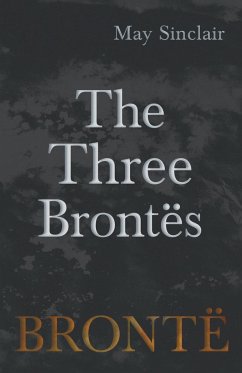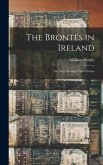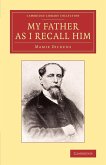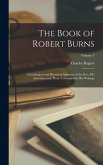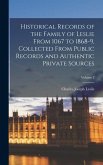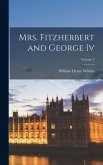"The Three Brontës" is a 1912 treatise on the Brontë sisters by Mary St. Clair. Within this volume Sinclair explores their lives, characters, and works in great detail, offering the reader a fascinating and informative glimpse into their unique world. The Brontës were a famous literary family during the nineteenth century synonymous with the West Riding area of Yorkshire, England. The sisters, Charlotte (1816-1855), Emily (1818-1848), and Anne (1820-1849), are now world-famous poets and novelists; and their father, Patrick Brontë (1777 - 1861), was also an author. Numerous novels produced by this family have since become classics of English literature. Mary Amelia St. Clair (1863 -1946), also known by the pen name May Sinclair, was a British writer, active suffragist, and member of the Woman Writers' Suffrage League. Other notable works by this author include: "Nakiketas and other poems" (1886), "Essays in Verse" (1892), and "Audrey Craven" (1897). Contents include: "Prefatory Note", "Introduction", "The Three Brontës", "Appendix I", and "Appendix II". Many vintage books such as this are increasingly scarce and expensive. It is with this in mind that we are republishing this classic volume now in an affordable, modern, high-quality edition for the enjoyment of literature lovers now and for years to come.
Hinweis: Dieser Artikel kann nur an eine deutsche Lieferadresse ausgeliefert werden.
Hinweis: Dieser Artikel kann nur an eine deutsche Lieferadresse ausgeliefert werden.

